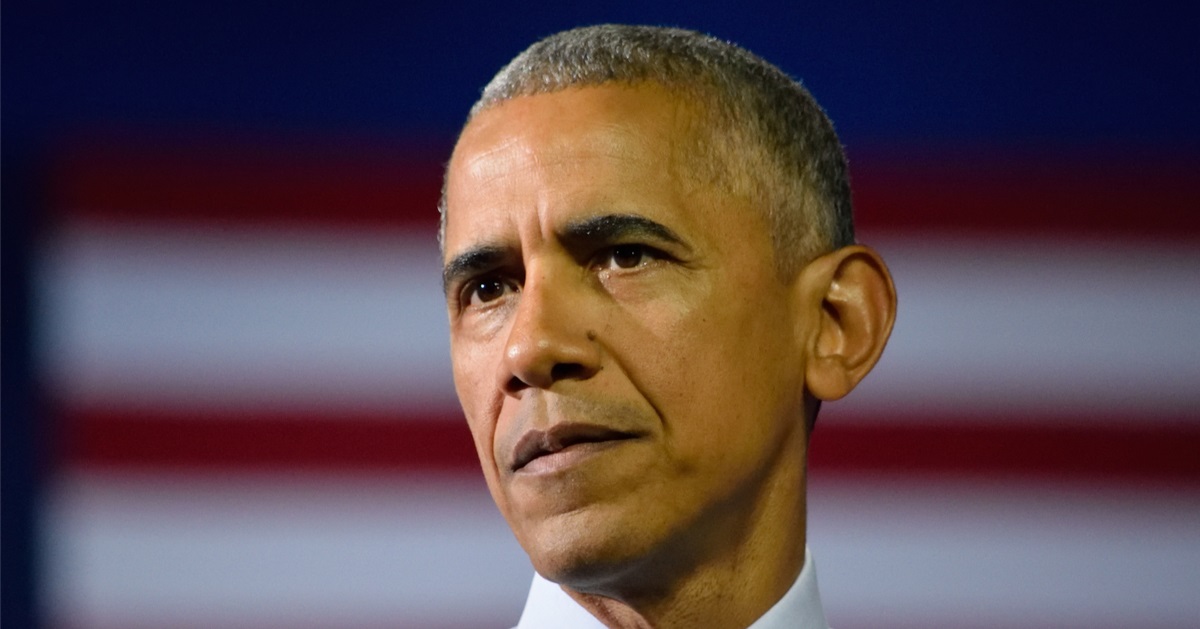Biden WH discussing possible preemptive pardons for anti-Trump officials
Controversy erupted when President Joe Biden, after repeatedly swearing he would not do so, issued a broadly sweeping pardon of his son, Hunter Biden, for all known and unknown federal offenses that may have occurred within an 11-year period.
There may be an even bigger scandal brewing, though, as reports indicate that the Biden White House is considering granting similarly broad and preemptive pardons for some current and former government officials, Fox News reported.
Those discussions are driven by real and imagined fears that President-elect Donald Trump will seek "retribution" against certain critics and political "enemies" with investigations and indictments for alleged crimes, and are intended to prevent such probes and prosecutions from ever occurring.
Biden's top aides debating possible preemptive pardons
Politico was the first to report this week that some of President Biden's senior advisors, including White House Counsel Ed Siskel and Chief of Staff Jeff Zients, have been engaged in a "vigorous internal debate" over whether to issue preemptive pardons for several current and former officials who could be targeted by the incoming Trump administration.
Those discussions were "accelerated" after President-elect Trump named Kash Patel as his pick to head the FBI, given how Patel has openly talked of exacting revenge against Trump's perceived political enemies and has even compiled a list of individuals who he believes warrant legal scrutiny.
Some of the potential recipients being considered include Sen.-elect Adam Schiff (D-CA), who led the Russian collusion hoax and first impeachment effort against Trump, and former Rep. Liz Cheney (R-WY), who co-lead the anti-Trump Jan. 6 Committee and campaigned in support of Vice President Kamala Harris, as well as Dr. Anthony Fauci, who led the COVID-19 pandemic overreaction of lockdowns and mandates for masks and vaccines.
The preemptive pardon talks have reportedly centered on the need to protect certain anti-Trump officials from politically motivated investigations and indictments. However, they also acknowledge that such pardons could create the appearance of impropriety or criminal wrongdoing and may not even be wanted by the prospective recipients.
The outlet noted that sources insisted that the possible beneficiaries of a pardon were not part of the discussions, nor was President Biden himself -- at least not yet -- as he was singularly focused on granting the all-encompassing pardon to protect his son from future investigations and prosecution for a range of alleged criminal activity.
Biden has been involved in talks, and some possible recipients have reached out
Yet, while Politico reported that President Biden has been uninvolved in the preemptive pardon conversations, that may not be entirely true, as the Associated Press reported that, according to at least two unnamed sources, Biden has discussed the issue with some of his senior aides.
That said, no decisions have been made yet on the "novel and risky use" of the president's clemency authority, and it is entirely possible that Biden ultimately decides against issuing broadly preemptive pardons for individuals who Trump's administration might target.
As for Politico's claim that none of the possible recipients were aware of the potential pardons under consideration, that may be inaccurate as well, as the AP's sources said that some "fearful former officials" have contacted the Biden White House and inquired about the possibility of being granted a form of protection against the incoming administration.
Preemptive pardons are legal but rare
Newsweek reported that preemptive pardons, while rare, are not entirely unprecedented or illegal, with perhaps the most well-known historical example being President Gerald Ford's pardon of his predecessor, President Richard Nixon, for all known and unknown alleged crimes related to the Watergate scandal.
Indeed, while most presidential pardons are issued after criminal charges have been filed or following a conviction, a Supreme Court ruling in 1866 established that the pardon power "extends to every offense known to the law, and may be exercised at any time after its commission, either before legal proceedings are taken or during their pendency, or after conviction and judgment."
A few other examples of preemptive pardons include several Civil War-era grants from President Abraham Lincoln, President Jimmy Carter's broad pardon of all Vietnam-era draft dodgers, and President George H.W. Bush's pardon of former Defense Secretary Caspar Weinberger for alleged crimes related to the Iran-Contra affair.


